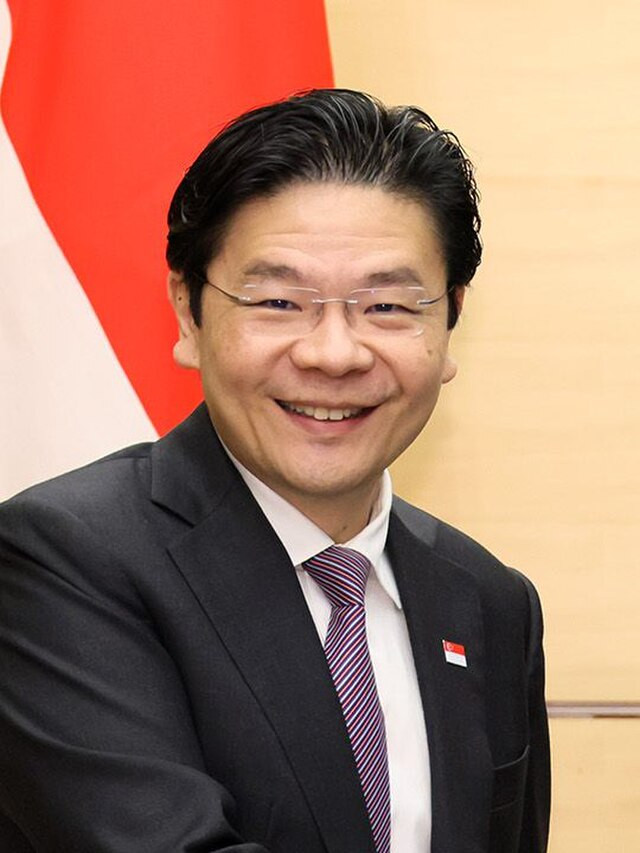Singapore's Deputy Prime Minister and Finance Minister Lawrence Wong unveiled the 2024 Budget, introducing a suite of measures that include household cash subsidies, vouchers, and strategic investments in artificial intelligence (AI). This announcement comes amid anticipation of Wong's ascension to the prime ministerial role, succeeding Lee Hsien Loong, with Bloomberg indicating a potential transition by November, contingent on smooth proceedings.
Singapore's economic landscape, as outlined by Wong, has shown signs of recovery, with a GDP growth of 2.2% in the final quarter of 2023, marking an improvement from the 1% growth in the preceding quarter. Despite these gains, the island nation faces challenges such as the wealth disparity among its populace, the Goods and Services Tax (GST) implications, the escalating cost of living, and a declining fertility rate, all of which add layers of complexity to its otherwise robust economic standing within the ASEAN region.
Addressing the Parliament, Wong highlighted Singapore's fiscal prudence, projecting a near SG$800 million ($594 million) budget surplus amidst a widened budget deficit for 2023. The government's spending is poised to rise to SG$111.8 billion ($83.05 billion), a 4.6% increase from the revised figures of 2023. This fiscal strategy aligns with Singapore's constitutional mandate to maintain a balanced budget over each parliamentary term, ensuring sustainable economic governance ahead of the next general elections in November 2025.
Under the theme of "building our shared future together," the 2024 Budget introduces measures to mitigate the impact of inflation and the lingering effects of the COVID-19 pandemic on both households and businesses. Singaporeans can expect enhanced support through additional vouchers, cash handouts, and utility bill rebates as part of the Assurance Package, entailing an expenditure of SG$1.9 billion ($1.41 billion). Wong also announced a 50% personal income tax rebate for 2024, amounting to an SG$350 million ($260 million) fiscal commitment, underscoring the government's dedication to alleviating the financial burden on its citizens.
Businesses, particularly local enterprises, are set to benefit from a 50% corporate income tax rebate, capped at SG$40,000 ($29,720), as part of the Enterprise Support Package valued at SG$1.3 billion ($97 million). This initiative includes cash payouts for firms that have employed local staff in 2023, signaling a concerted effort to invigorate the business sector amidst challenging economic conditions.
Wong's budget speech also touched on the broader economic strategies to sustain Singapore's growth trajectory. Emphasizing the need for continued investment attraction, he introduced the Refundable Investment Credit scheme to incentivize significant corporate investments that promise widespread benefits for the island nation. The budget further addresses critical areas such as AI, sustainable energy, affordable housing, and skill development, aiming to fortify Singapore's economic foundations and enhance the quality of life for its residents.
As Singapore navigates the complexities of the global economic environment, the 2024 Budget stands as a testament to the government's commitment to fostering a balanced and inclusive growth, ensuring that the prosperity of the city-state is shared and sustainable for all its citizens.






